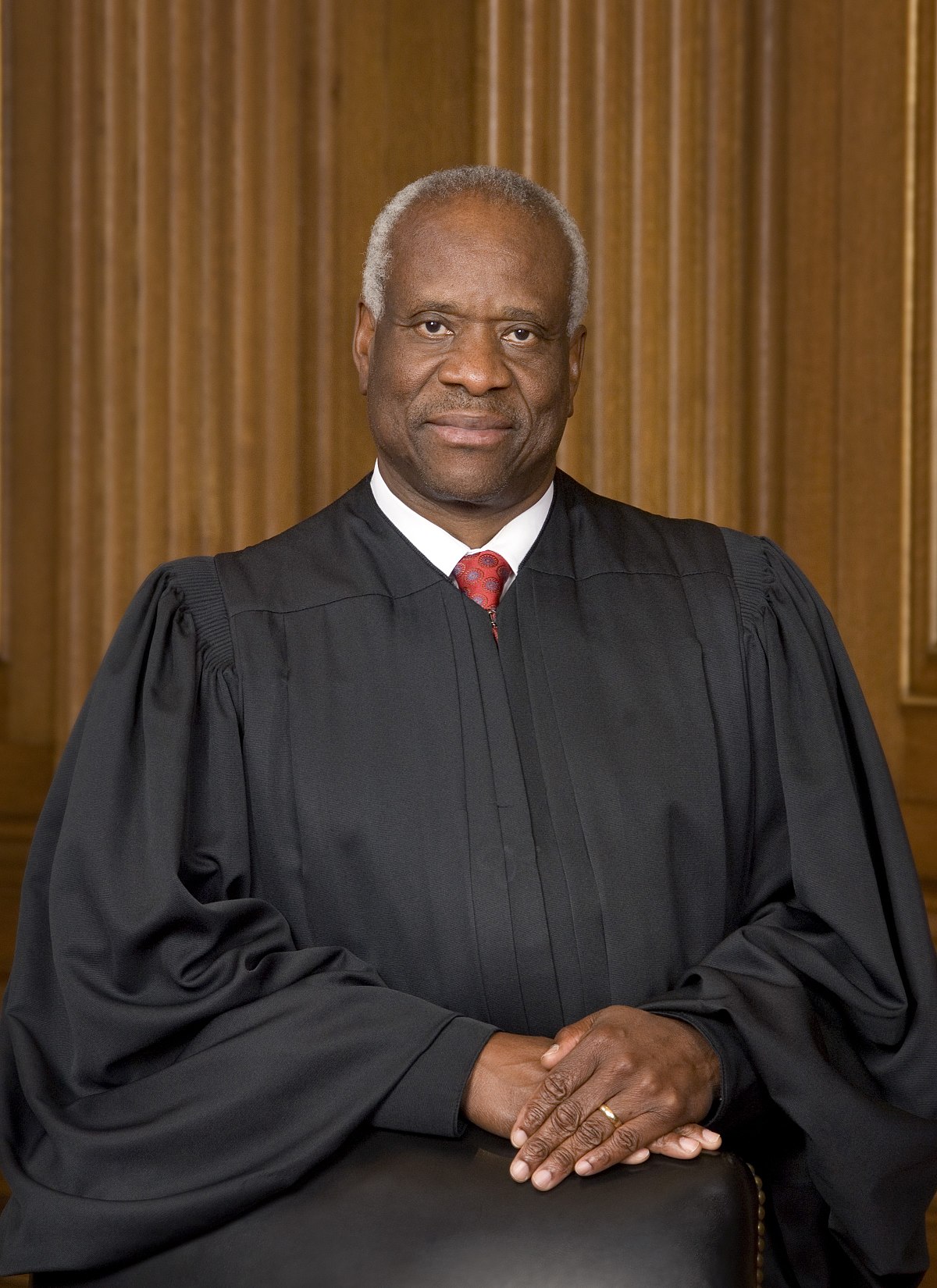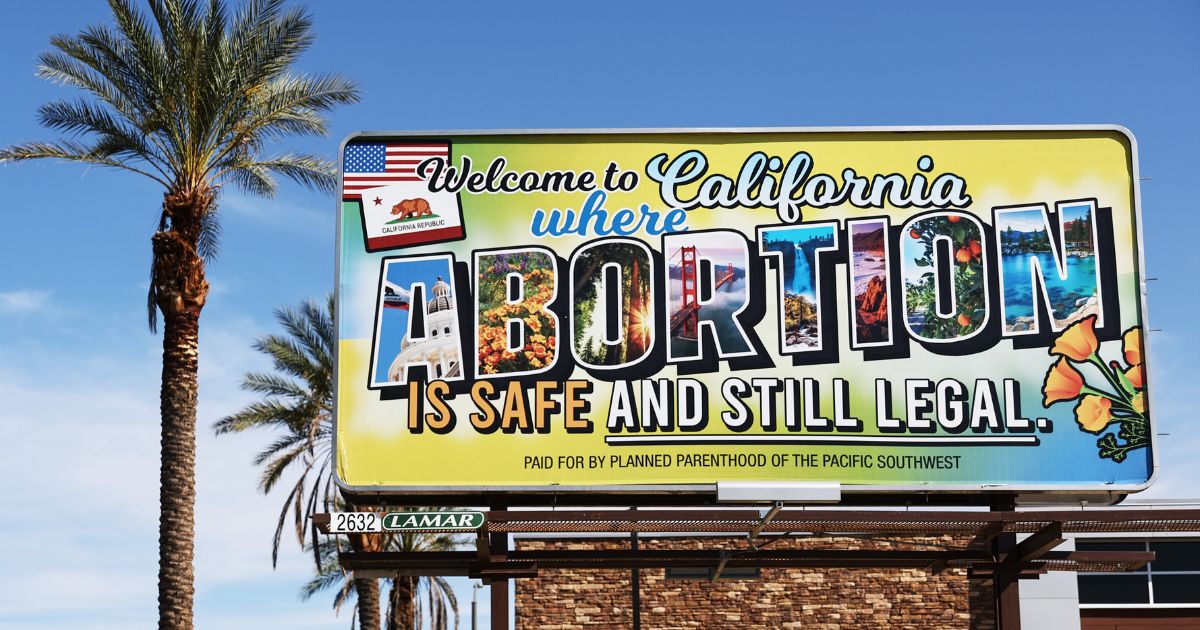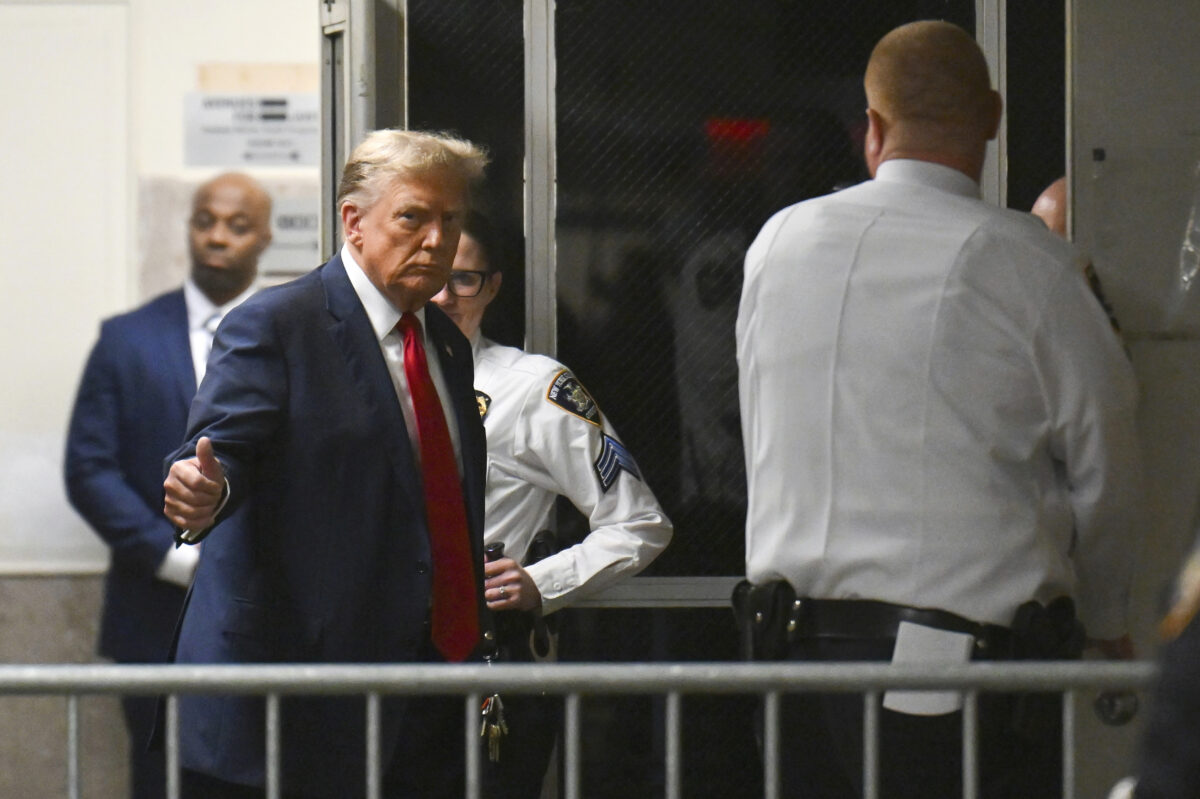How The Surveillance State And Big Tech Colluded To Make Twitter ‘Disinformation’ The New Terrorism
The late, great Angelo Codevilla maintained that America’s response to 9/11 was fundamentally flawed because it adopted a law enforcement approach to what is essentially a foreign policy problem. He argued that the law enforcement approach — the idea that we could detect and disrupt terrorist plots before they come to fruition, and arrest those responsible — required the construction of a vast state security and surveillance apparatus that would eventually, when the terrorist threat subsided, be turned on American citizens.
As in so much else, Codevilla was prophetic.
Earlier this week, a deeply reported piece by Ken Klippenstein and Lee Fang of The Intercept revealed an “expansive effort” by the Department of Homeland Security to curb speech it considers dangerous by pressuring tech platforms to engage in online censorship. Although DHS’s widely ridiculed “Disinformation Governance Board” was scaled back and then shut down earlier this year amid well-deserved criticism, “other initiatives are underway as DHS pivots to monitoring social media now that its original mandate — the war on terror — has been wound down.”
The security apparatus that was erected to keep us safe from al-Qaida, it seems, is looking for something else to do now, so it has decided to become the arbiter of what constitutes false and dangerous information, and therefore what political opinions Americans are allowed to express online.
Citing a trove of documents connected to an ongoing lawsuit filed by Missouri Attorney General Eric Schmitt, Klippenstein and Fang reveal a quiet pressure campaign by DHS “to try and shape online discourse” that involves frequent meetings and coordination with top tech and finance executives, and even “a formalized process for government officials to directly flag content on Facebook or Instagram and request that it be throttled or suppressed through a special Facebook portal that requires a government or law enforcement email to use.” At the time of this writing, the portal is still live.
What might DHS consider “inaccurate information” worthy of suppression? A whole host of topics, including “the origins of the COVID-19 pandemic and the efficacy of COVID-19 vaccines, racial justice, U.S. withdrawal from Afghanistan, and the nature of U.S. support to Ukraine.”
Because “disinformation” isn’t clearly defined, it can be whatever DHS and the federal agencies under its purview say it is. And wouldn’t you know it, disinformation turns out to be whatever ideas and opinions contradict the official narrative of the Biden administration and Democratic Party leadership on major political issues.
No surprise, then, that Big Tech appears to be OK with this. Klippenstein and Fang quote a February text from Microsoft executive Matt Masterson, a former DHS official, to a DHS director, saying: “Platforms have got to get comfortable with gov’t. It’s really interesting how hesitant they remain.”
But not, perhaps, as hesitant as Masterson thinks. Emails and documents connected to the Missouri lawsuit show a close collaboration between DHS and top executives of social media firms such as Twitter. In 2018, Congress passed and President Trump signed a bill creating an office inside DHS called
" Conservative News Daily does not always share or support the views and opinions expressed here; they are just those of the writer."





